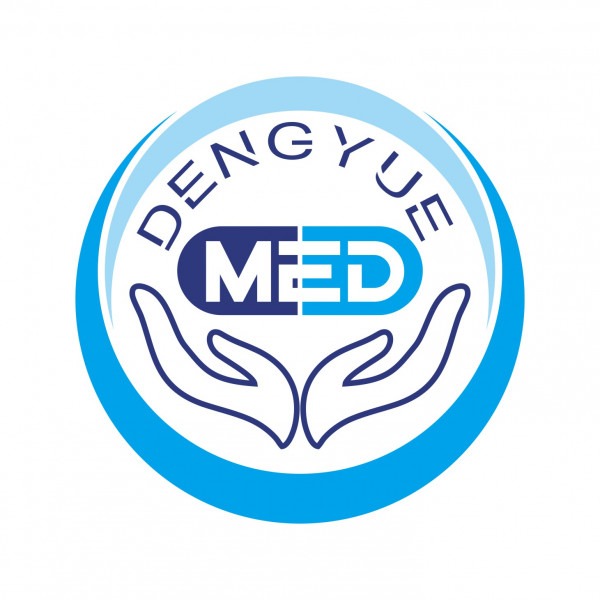Lisaftoclax: Pioneering Advances in BCL-2 Inhibition for CLL/SLL Treatment
Chronic Lymphocytic Leukemia (CLL) and Small Lymphocytic Lymphoma (SLL) represent a significant challenge in hematology, affecting thousands worldwide with their insidious progression and resistance to traditional therapies. As researchers and clinicians, we're always on the lookout for breakthroughs that can shift the paradigm. Enter Lisaftoclax (APG-2575), an innovative BCL-2 inhibitor that's recently garnered attention for its potential in relapsed or refractory cases.
Understanding CLL/SLL and the Role of BCL-2 Inhibitors
CLL/SLL are indolent B-cell malignancies characterized by the accumulation of dysfunctional lymphocytes. These cells evade apoptosis, largely due to overexpression of the anti-apoptotic protein BCL-2. Targeting BCL-2 has revolutionized treatment, with inhibitors promoting programmed cell death in malignant cells while sparing healthy ones.
Lisaftoclax stands out as a next-generation BCL-2 selective inhibitor, designed for oral administration with a favorable pharmacokinetic profile. Preclinical studies have shown its potency in inducing apoptosis in CLL/SLL cell lines, often outperforming earlier agents in terms of selectivity and reduced off-target effects.
Clinical Milestones and Recent Approvals
Excitingly, in July 2025, China's National Medical Products Administration (NMPA) approved Lisaftoclax tablets for adult patients with CLL/SLL who have received at least one prior therapy. This marks it as the first BCL-2 inhibitor approved in China for this indication, ushering in a new era of targeted therapy accessibility.
Data from pivotal trials, such as those presented at major conferences like ASH, highlight its efficacy. In a phase 2 study involving heavily pretreated patients, Lisaftoclax demonstrated objective response rates exceeding 80% at doses of 400-800 mg, with durable remissions and a manageable safety profile. Common adverse events included neutropenia and fatigue, but tumor lysis syndrome was notably low-risk due to its ramp-up dosing strategy.
Ongoing global phase 3 trials, like the one combining Lisaftoclax with acalabrutinib versus immunochemotherapy for newly diagnosed CLL/SLL (NCT06319456), are poised to expand its indications further. These efforts underscore the drug's potential in combination regimens, potentially improving outcomes in frontline settings.
Implications for Research and Clinical Practice
From a molecular biology perspective, Lisaftoclax's mechanism offers fertile ground for further exploration. How does its binding affinity to BCL-2 compare in real-world mutational landscapes? Could it synergize with novel immunotherapies or CAR-T approaches? These questions are ripe for discussion in our community, perhaps through collaborative experiments using recombinant BCL-2 proteins or CRISPR-edited cell models available on platforms like Molecular Cloud.
In the broader ecosystem of pharmaceutical innovation, companies like DengYueMed play a crucial role in bridging the gap between development and distribution. As a Hong Kong-based wholesaler specializing in import/export of specialty drugs for chronic diseases, including oncology, DengYueMed ensures that cutting-edge therapies like Lisaftoclax reach healthcare providers efficiently. Their focus on quality and accessibility aligns well with the global push for equitable cancer care.
Looking Ahead
As we continue to unravel the complexities of CLL/SLL, drugs like Lisaftoclax remind us of the power of targeted molecular interventions. I'd love to hear from fellow researchers—have you incorporated BCL-2 inhibitors in your lab work? Share your insights or resources below!
Disclaimer: This post is for educational purposes only and not medical advice. Always consult healthcare professionals for treatment decisions.
- Like
- Reply
-
Share
About Us · User Accounts and Benefits · Privacy Policy · Management Center · FAQs
© 2026 MolecularCloud




